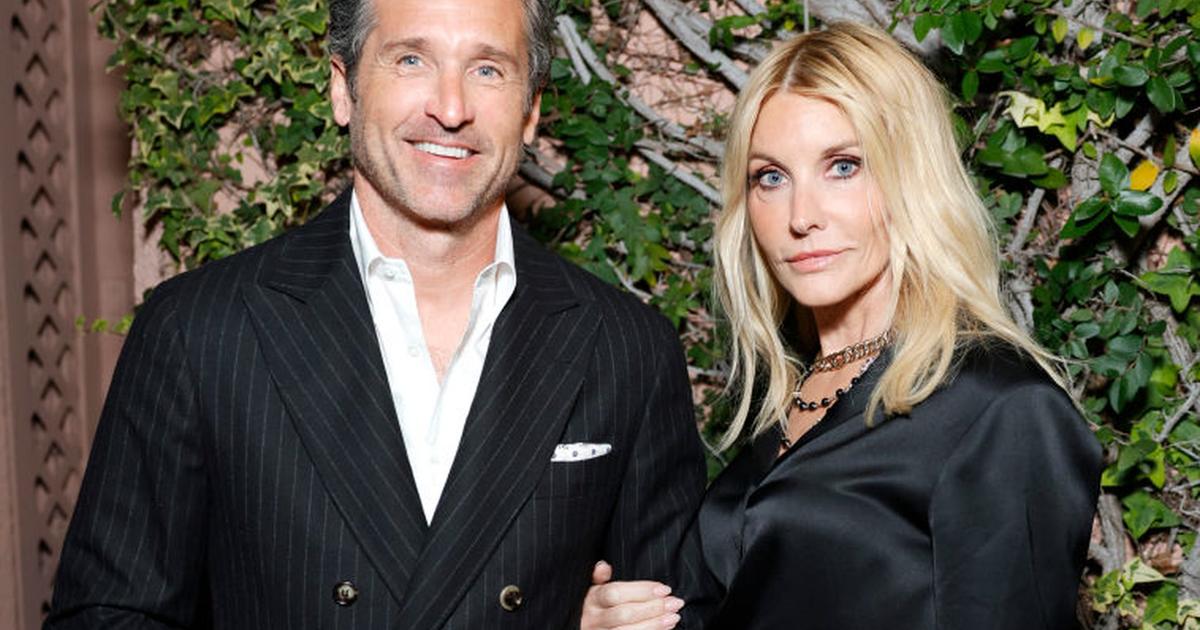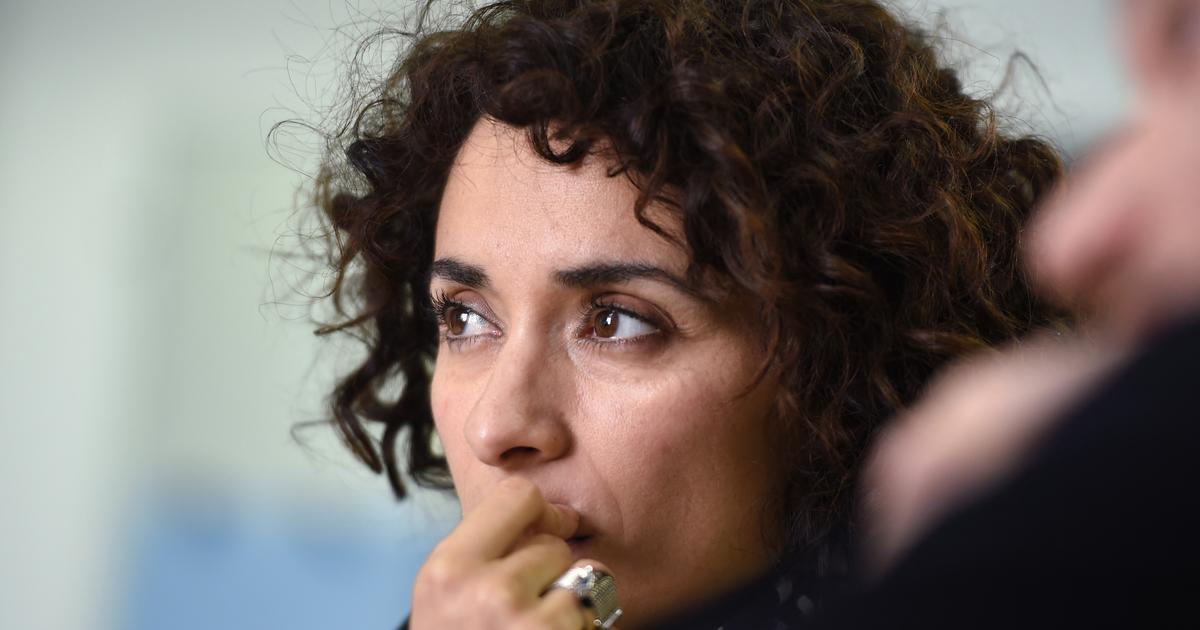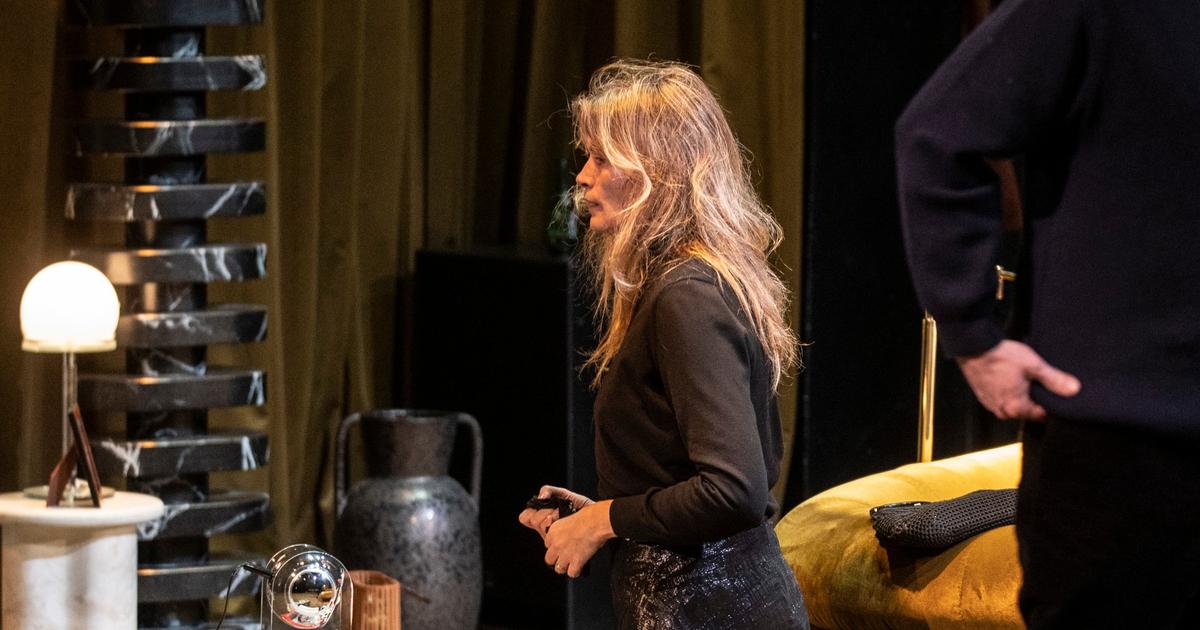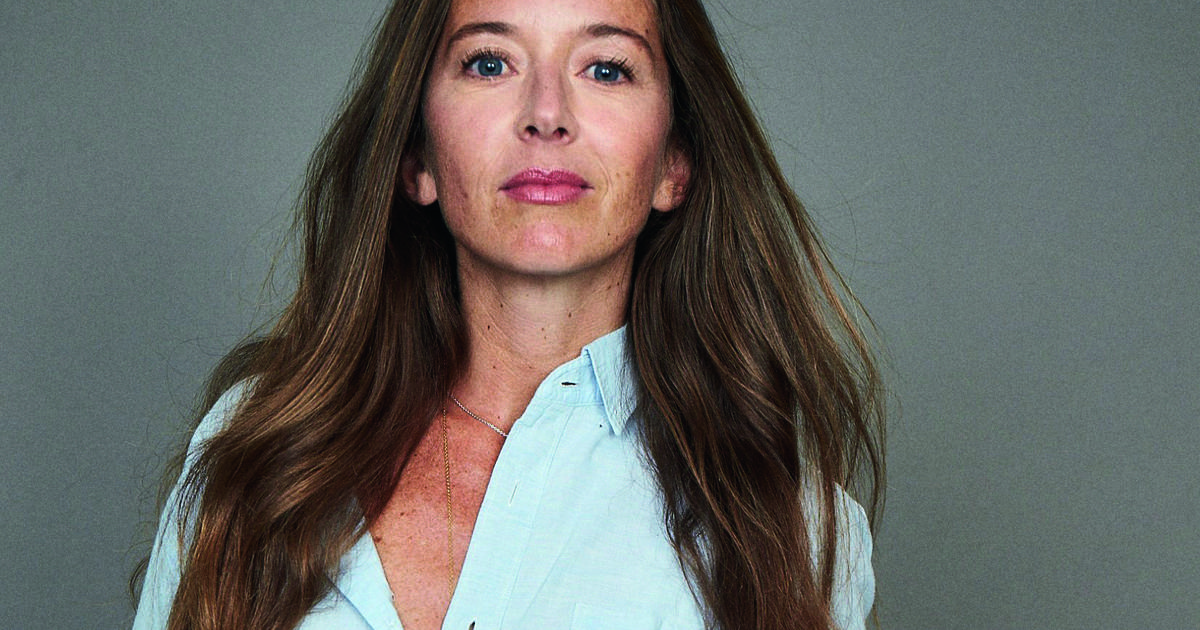Roberto Martín ran into a new barrier when he returned to his job as a waiter in a Madrid restaurant in September.
The illusion of this young man, 24 years old and deaf since he was a child, to recover a lost routine after five months of ERTE and a quarantine vanished when he took a client's note the first day.
"With masks I can't read lips and I need to do it to communicate."
He spent some time explaining how they should speak to him, but nothing is the same as before.
He felt alien in his own work.
His story is common to that of more than a million people who suffer from some type of hearing impairment in Spain, according to the National Institute of Statistics (INE).
The security measures imposed to contain the coronavirus have increased the problems of this group.
The main obstacle is the mask, which is mandatory.
Carmen Jáudenes, president of the Spanish Confederation of Families of Deaf People (FIAPAS), explains: "Masks limit or prevent deaf people from leaning on facial expression or lip reading, which makes communication difficult."
Experts also agree that masks attenuate the voice between three and seven decibels.
“And the safety distance and the screens are added.
For a person with hearing problems, it is the leap between hearing or not, ”Jáudenes clarifies.
For the group, the pandemic poses more difficulties than for the rest.
Sometimes they have to ask other people to remove their mask, but not everyone reacts the same.
Roberto Martín remembers the day he went to apply for a scholarship to continue his studies in Audiovisual Production.
"The clerk refused to lower his mask even though he was behind a screen."
Araceli Luque, a 74-year-old retiree who is also deaf, believes there is a new, lesser-known barrier: people's attitudes.
"Fear is a human reaction, but it affects us more because we tend to isolate ourselves," he says.
Window mask initiatives have emerged, but their safety has not been proven.
The Government promised to homologate transparent masks with Marcos Lechet.
This total deaf from the age of five presented 80,000 signatures to the Ministry of Health two weeks ago to request its viability at an affordable price.
Jáudenes recalls: “The deaf population is diverse and their needs very different.
You have to answer all of them and the transparent masks are only a visual aid ”.
He considers that administrations should seek more solutions, such as the installation of radio frequency systems in public spaces, with which the information reaches the hearing aid directly.
Meanwhile, the social life of Diana Lobato, 40, has been drastically reduced.
He no longer goes out with his friends because he cannot communicate with them and even feels responsible for them having to remove his mask to start a conversation.
"I'm looking forward to the end of the pandemic to feel more relaxed," he laments.
The group will live in social isolation, as long as the services or facilities available to citizens are inaccessible to them, according to Concha Díaz, president of the State Confederation of Deaf People (CNSE).
Education is one of the areas in which people with hearing problems have been most affected.
Natalia, 11 years old, attends the Ponce de León school in Madrid, a bilingual center in oral and sign language.
He wears headphones, but sometimes gets lost in conversations.
"I feel a little sad when I can't understand some people," he says.
His teacher, Inés Jiménez, makes up for the communication deficiencies as best she can.
“Sign language uses the mouth.
Now, we have to sign clearer, wider, raise the volume of the voice and get closer to explain.
The teachers get by with non-approved transparent masks, but they demand others that guarantee communication and the safety of the students.
Access to information, at a time of drastic changes, has become another great challenge.
Marta Muñoz, 31, belongs to a family of deaf people.
Remember March 14, when the President of the Government decreed a state of alarm in Spain.
"It was a historic moment and my family and I had to make a video call to see if anyone had found out about anything."
There was no way.
The CNSE president believes that the right to information has been "vilified."
"The presence of a sign language interpreter and good subtitling in institutional messages do not always or equally occur in all territories," he points out.
The solution, for Jáudenes, would be to think with foresight in all citizens.
Associations demand information, respect and empathy.
“We must put ourselves in the place of the other.
You have to ask society, but also the public powers, ”says Jáudenes.
Araceli Luque agrees.
Since she was deaf at the age of 50 due to a brain tumor, this vital and vindictive woman has struggled to find her place in society.
He believes that the pandemic can promote inclusion, because "after the bad, something good always comes."
And she clarifies: "If you don't join forces with mine, I will never stop feeling isolated."
The nightmare of administrative or medical procedures
Administrative procedures or medical consultations have become a problem because communication has become almost all telematic.
Diana Lobato, 40, uses a mobile application that transcribes the conversation.
One day during confinement he was notified that his appointments had been canceled.
“For the application to work, I have to make the call.
They passed me to a switchboard and I explained to them that I was deaf, that to understand the conversation I had to call the doctor, instead of him ”.
He made up his appointments after confinement.
"The lack of accessibility has been evidenced in the difficulty of accessing emergency telephone numbers or information about the coronavirus," says Concha Díaz, president of CSNE.
In addition, the services for psychological assistance and care for the elderly or at risk that the administrations enabled were telematic and did not have protocols for deaf people.
Information about the coronavirus
- Here you can follow the last hour on the evolution of the pandemic
- This is how the coronavirus curve evolves in Spain and in each autonomy
- Download the tracking application for Spain
- Search engine: The new normal by municipalities
- Guide to action against the disease


/cloudfront-eu-central-1.images.arcpublishing.com/prisa/VUNHJVUIEVDIXNXUFC4AEL3MBU.jpg)




/cloudfront-eu-central-1.images.arcpublishing.com/prisa/LPIKQI47K5BUPAGCLT3NFKJES4.jpg)

